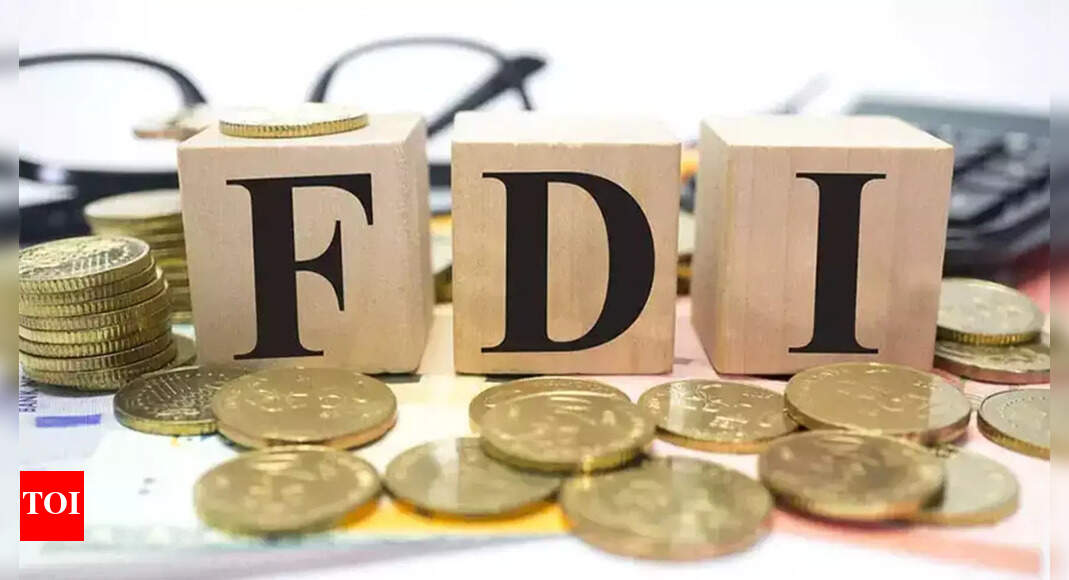Foreign Direct Investment Plunges to 19-Year Low: World Bank Sounds Alarm on Rising Trade and Investment Barriers

[Sub Title]: Developing Economies Receives Record-Low Foreign Direct Investment of $435 Billion in 2023, Threatening Job Creation and Economic Growth
KABUL (Alayaran News) - The World Bank has revealed a startling decline in foreign direct investment (FDI) into developing economies, plunging to its lowest level since 2005. According to the global lender's latest report, developing nations received just $435 billion in FDI in 2023, which represents a staggering 2.3% of their GDP.
This alarming slowdown in inflows has severe implications for job creation, sustained growth, and achieving broader development goals, as warned by Indermit Gill, the World Bank's chief economist. Citing public debt reaching new highs while investment continues to fall, Gill attributed this decline to government-imposed barriers to investment and trade, when policymakers should instead be working to reduce these obstacles.
The report also highlighted a significant drop in new investment treaties, which were once a major driver of global capital flows. Notably, only 380 new investment agreements came into force between 2010 and 2024, representing less than half the number signed between 2000 and 2009.
Ayhan Kose, World Bank deputy chief economist, emphasized that this trend must be reversed to ensure the desired outcomes for developing countries facing significant investment shortfalls. The report noted that FDI holds substantial potential for boosting economic growth significantly.
However, a disturbing concentration of FDI flows was highlighted by the report. Between 2012 and 2023, nearly two-thirds of global FDI inflows went to just 10 countries – leading figures in China, India, and Brazil alone accounting for almost half of all investment in emerging and developing markets. The poorest 26 countries received a measly 2% of global FDI, further exacerbating the existing disparities.
The report has called upon world leaders to forge greater cooperation to redirect funding towards developing countries that critically require more investment to bridge their development gaps.
[END]
